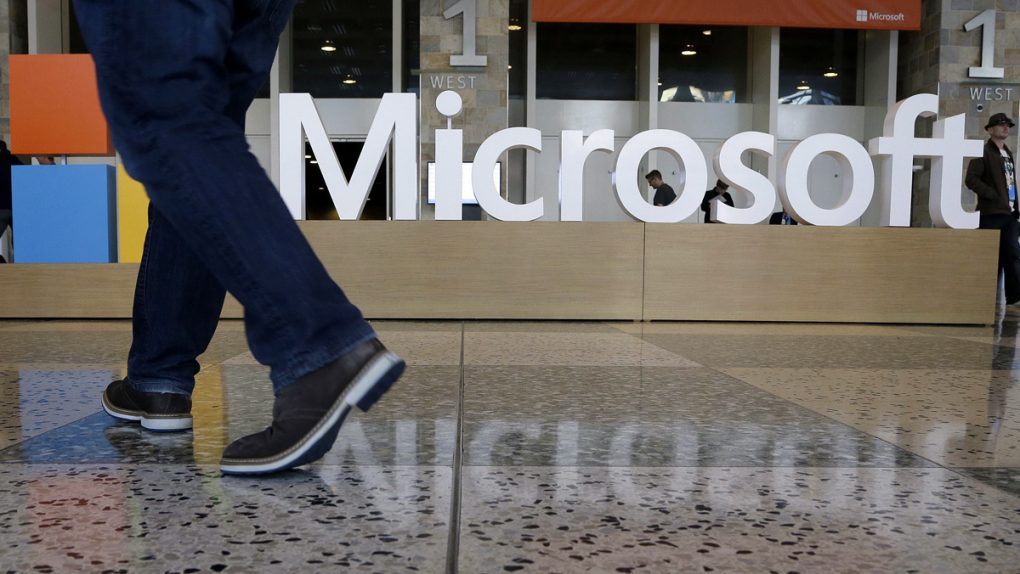Microsoft has begun pushing patches that fix the Spectre and Meltdown vulnerabilities, two recently-revealed processor-level security flaws that affect almost all computers and mobile devices. Because the security vulnerabilities take advantage of processor-level code, patching the flaws necessarily means slowing down the processors.
For modern Windows 10 PCs, the differences won’t be huge. But according to Microsoft, users on older Windows 7 or Windows 8 PCs are going to notice big performance hits.
In a blog post, Microsoft executive vice-president Terry Myerson stressed that the full impact on performance still isn’t known yet, and that any benchmarks you might have seen so far showing a slowdown won’t take into account all the new update. Microsoft is “performing our own sets of benchmarks and will publish them when complete,” but for now, here’s what the company thinks the effect of the patches will be on different machines:
-
With Windows 10 on newer silicon (2016-era PCs with Skylake, Kabylake or newer CPU), benchmarks show single-digit slowdowns, but we don’t expect most users to notice a change because these percentages are reflected in milliseconds.
-
With Windows 10 on older silicon (2015-era PCs with Haswell or older CPU), some benchmarks show more significant slowdowns, and we expect that some users will notice a decrease in system performance.
-
With Windows 8 and Windows 7 on older silicon (2015-era PCs with Haswell or older CPU), we expect most users to notice a decrease in system performance.
“Older versions of Windows have a larger performance impact because Windows 7 and Windows 8 have more user-kernel transitions because of legacy design decisions, such as all font rendering taking place in the kernel,” Myerson says to explain the discrepancy between different systems.
Microsoft’s transparency in this case is out of the ordinary. I don’t think that it’s a coincidence that Microsoft is going to pains to explain how and why this update will slow some systems, given Apple’s recent iPhone slowdown problems. The two cases are different — Apple slowed down old iPhone devices in order to prevent unexpected shutdowns, not to protect security — but most of the backlash against Apple was due to the secretive way the updates and performance slowdowns were applied. By laying everything out there, Microsoft is presumably hoping to avoid any accusation of planned obsolescence.










